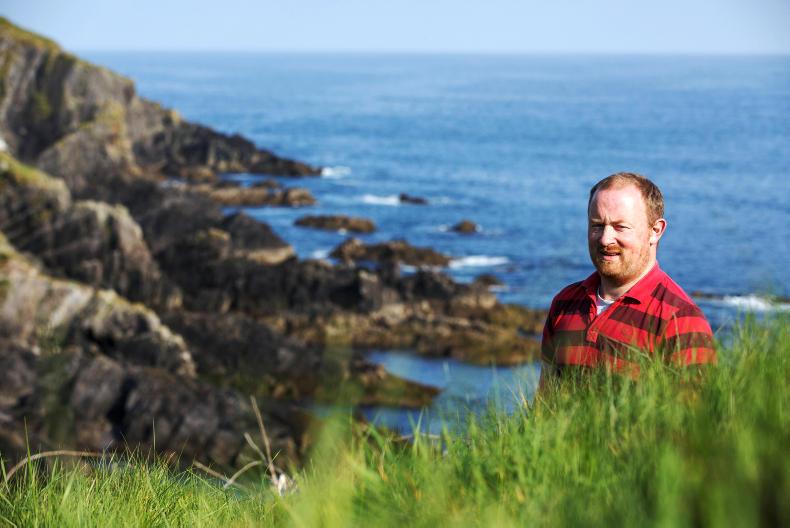I’ll admit I was trying to write a piece on the recent EAT/Lancet Commission report claiming meat and dairy consumption should be slashed for the good of people’s health.
I eased up when I saw Thomas Hubert of this parish had an article from the same publication in early September, claiming meat and dairy eaters had healthy hearts.
Often we get too defensive when farming is questioned, but perhaps extra listening is needed
Turn on the radio, read a newspaper or dip into the world of social media these days and not too many minutes will pass before you find a report or article where farming is either under attack or questioned.
It’s healthy to question how the industry works. It’s something those of us who are directly involved should do a bit more.
Often we get too defensive when farming is questioned, but perhaps extra listening is needed.
That would allow those of us involved in farming to take stock of what the concerns are and deal with them, if and when required.
A challenge for this is the various strands that exist within agriculture. Try to marry the concerns of both primary producer and processor regarding an environmental matter, for example. That’s not easy.
The climate change debate isn’t going away and, from here on, the interaction between the environment and farming will become central to how we operate.
I don’t believe it should be feared too much. It would be remiss of farmers not to engage more with the creation of environmental policies.
What makes the topic of climate change difficult to engage with is that the voice of reason is no longer welcome, or so it seems
What I am concerned about it is the fear among farmers of the word 'environment'. Straight away alarm bells go off and we envisage inspections and red tape.
Maybe it’s time we embraced it more as a primary sector and were a bit more proactive. It may be the way forward. There’s every chance water quality standards will dictate the levels to which stocking rates can go in future.
What makes the topic of climate change difficult to engage with is that the voice of reason is no longer welcome, or so it seems. Debate descends into an unruly school playground argument. This makes it difficult to filter out the facts from the wall of noise that some of these debates descend into. I find myself changing channel if it comes up on the radio.
Instead, I am researching ways to make subtle environmental changes to my own farm rather than listen to one person talk over another.
Slurry spreading is up to date and almost three weeks ahead of last year
Speaking of the farm, all is very mundane at the moment. A month out from calving, the daily routine is, thankfully, straightforward.
Rearranging calving facilities is hopefully as exciting as it will be for the next week or so.
Slurry spreading is up to date and almost three weeks ahead of last year.
Depending on the weather, that is likely to be the only type of fertiliser used for the next while.
Grass growth has been solid over the last while, so I think it’s as handy to let nature do some of the growing too.
Fertiliser use was up marginally last year. That was due to our inability to spread slurry at the height of the dry spell.
The attempt to capture more free nitrogen through legumes will continue this year.
Farming as we know it won’t stay the same.
It never does. Expectation in terms of income and lifestyle will see an eventual drift away and this will be more pronounced in peripheral areas.
What becomes of these areas is a debate for another day.






 This is a subscriber-only article
This is a subscriber-only article










SHARING OPTIONS: